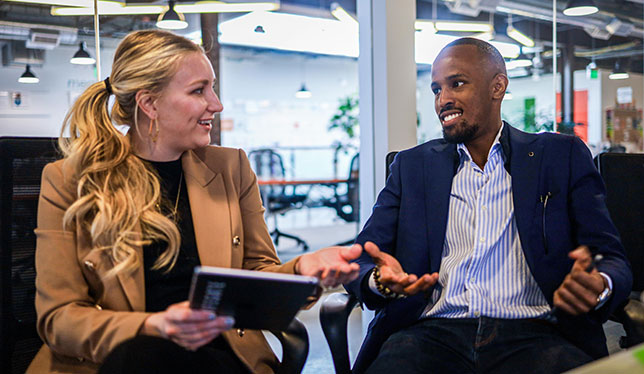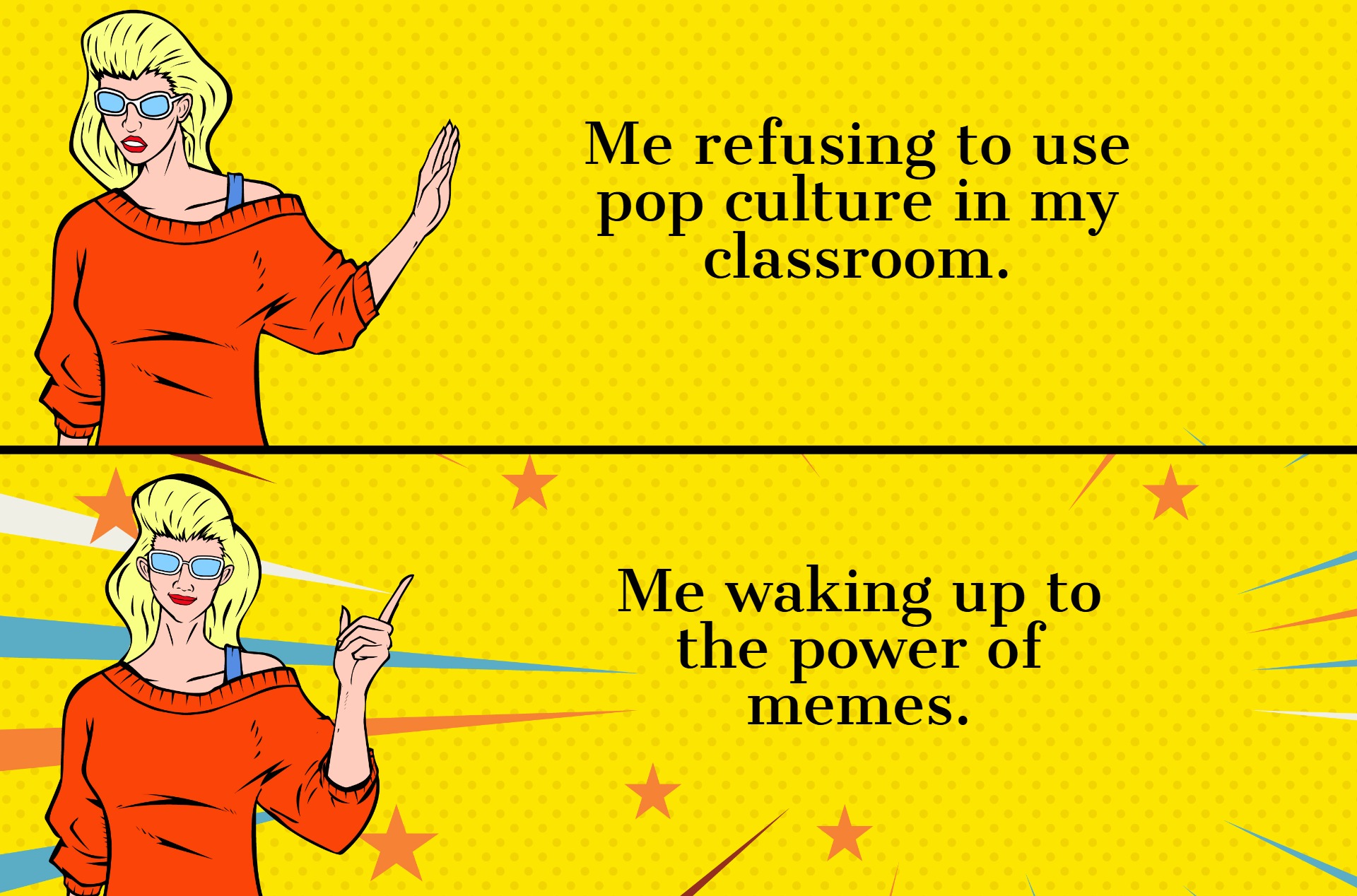How self-reflection can help you discover your potential
A new microcredential at Université Laval boosts professional development by cultivating the key skills that are in demand at companies, organizations and in communities.

It can’t be said enough – knowing your strengths and weaknesses is the key to starting your career off on the right foot. Graduate students can get a head start on that journey by dedicating some time to personal and professional development.
Being able to reflect on experiences, skills and goals as they relate to your circumstances is particularly useful for finding where you fit in, in the professional world.
As far back as 2010, a research team noted that more organizations were starting to implement training programs for lifelong professional development. The goal of these continuous improvement initiatives is to help people align their careers with societal and economic needs.
Université Laval’s faculty of graduate and postdoctoral studies has been offering PhD students credit training courses for several years. It has recently developed a training course that allows students to learn the key skills of adaptability, management, collaboration and communication and provides them with personalized support as they create an individual development plan. The Développement de compétences professionnelles d’avenir dans un parcours de recherche [developing future-ready professional skills for a career in research] microcredential is designed to help students discover their unique potentials for an evolving professional world.
This 135-hour course for master’s, doctoral and postdoctoral students and graduates will help them acquire the skills they need to meet the challenges of today’s increasingly dynamic, interconnected, interdisciplinary and multicultural workplaces.
The program meets a need expressed by graduate students. Sébastien Magnan-Saucier, who recently completed his master’s degree, said access to quality training on subjects like leadership, public speaking and interpersonal skills is very rare. He sees the microcredential as an essential toolbox for anyone who wants to polish the many facets of their professional life.
Anchored in the values of engagement, collaboration, inclusion and determination, the microcredential takes a humanist and constructivist approach to teaching students new and sustainable ways to meet the needs and challenges they will face in society, communities and organizations. By steering away from competition and performance, it aims to draw out the best in everyone.
The program revolves around helping students create an individual development plan. The plan is centred on self-reflection practices which help them define their professional identities, clarify their interests, values, skills and goals, and create opportunities in line with their visions for their working lives.
Two cohorts have completed the program – in 2022 and 2023. For Josyane Turgeon, who holds a master’s in chemistry and who is currently an MBA student, it helped her understand more about herself as a young professional and provided concrete tools to advance her career. She credits the program with helping her land her current job.
“The program provided us with a framework for self-reflection and openness to the professional world, which are key to making choices that will allow us to explore our potential and thrive,” said Élisabeth Canitrot, who holds a PhD in epidemiology.
For anyone seeking to gain new skills and knowledge, plan their entry into the job market, improve their professional situation or find balance, a healthy lifestyle and self-awareness to improve their university or work experience, the program will welcome a new cohort in September. Registration opens in May. An English version of the program is currently under development.
Featured Jobs
- Veterinary Medicine - Faculty Position (Large Animal Internal Medicine) University of Saskatchewan
- Business – Lecturer or Assistant Professor, 2-year term (Strategic Management) McMaster University
- Canada Excellence Research Chair in Computational Social Science, AI, and Democracy (Associate or Full Professor)McGill University
- Psychology - Assistant Professor (Speech-Language Pathology)University of Victoria











Post a comment
University Affairs moderates all comments according to the following guidelines. If approved, comments generally appear within one business day. We may republish particularly insightful remarks in our print edition or elsewhere.